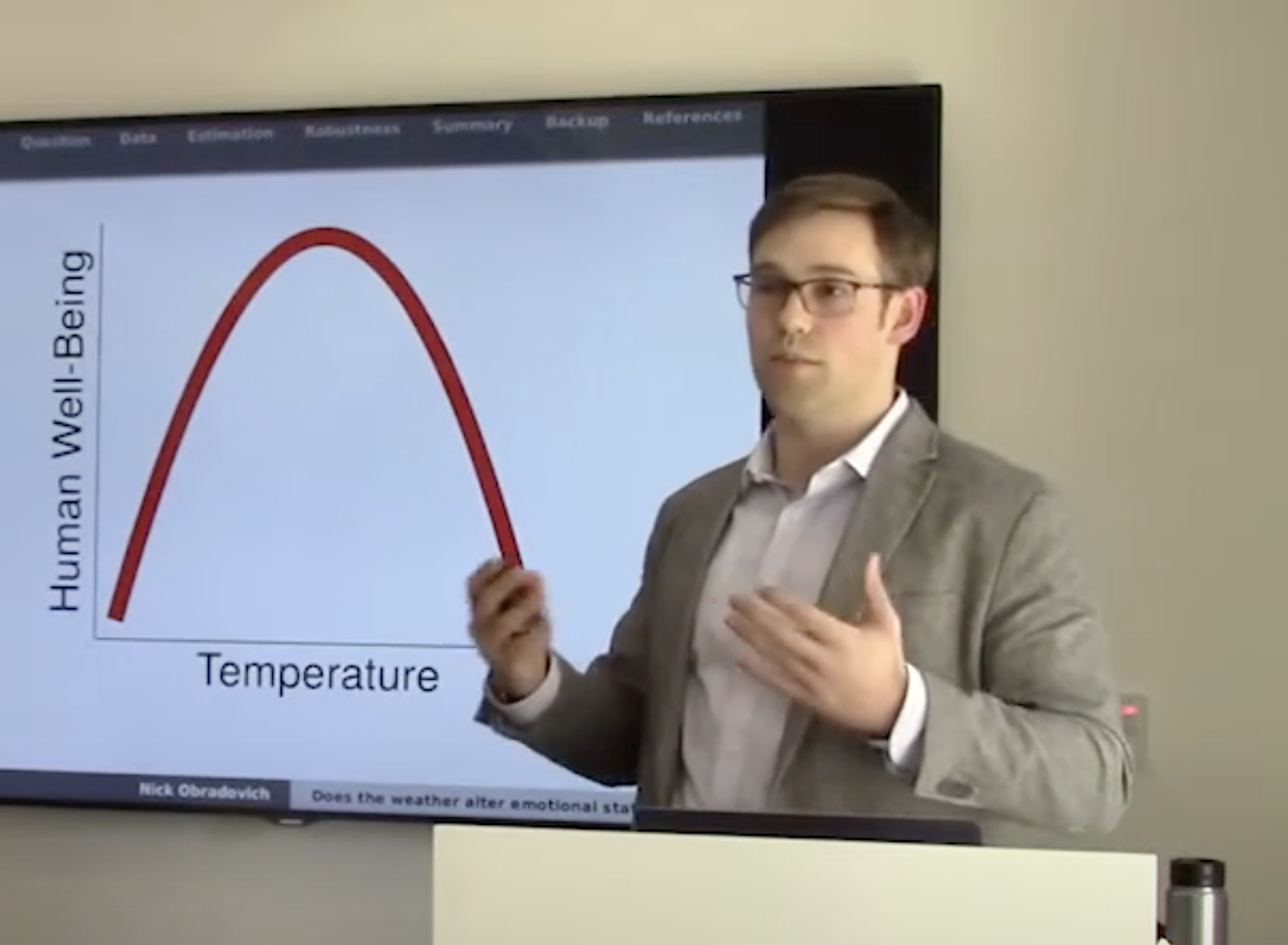-
“Warmer temperatures reduce sleep globally, amplifying the risk of insufficient sleep,” says a new report
-
“The elderly, women, and residents of lower-income countries are impacted most,” climate scientists claim
-
People who live in warmer climates allegedly “lose more sleep per degree of temperature rise,” they say
-
“Climate change is projected to unequally erode sleep, widening global inequalities”
ONE EARTH – Insufficient sleep is a risk factor for several adverse physical and mental outcomes.
A lack of sleep has been associated with reduced cognitive performance, diminished productivity, compromised immune function, adverse cardiovascular outcomes, depression, anger, and suicidal behavior.
High ambient temperatures have been associated with reduced subjective sleep quality, but little is known regarding the influence of outdoor weather conditions and rising outdoor temperatures on objective measures of sleep globally.
“Controlling for individual, seasonal, and time-varying confounds, increased temperature shortens sleep primarily through delayed onset, increasing the probability of insufficient sleep.”
When linked with global weather and climate measurements, sleep-tracking data from wristbands reveal that warmer nighttime temperatures do indeed harm sleep, with unequal effects.
The elderly, residents of lower-income countries, females, and those already living in hotter climates are disproportionately impacted. Further analysis reveals that elevated ambient temperatures may already be impairing human sleep globally.
Why “Follow the Science” Failed
Without further adaptation, and should greenhouse gas concentrations not be stabilized until the end of the century, each person could be subjected to an average of 2 weeks of temperature-attributed short sleep each year.
Ambient temperatures are rising worldwide, with the greatest increases recorded at night. Concurrently, the prevalence of insufficient sleep is rising in many populations.
Yet it remains unclear whether warmer-than-average temperatures causally impact objective measures of sleep globally.
Here, we link billions of repeated sleep measurements from sleep-tracking wristbands comprising over 7 million sleep records across 68 countries to local daily meteorological data.
The temperature effect on sleep loss is substantially larger for residents from lower-income countries and older adults, and females are affected more than males … READ MORE.



